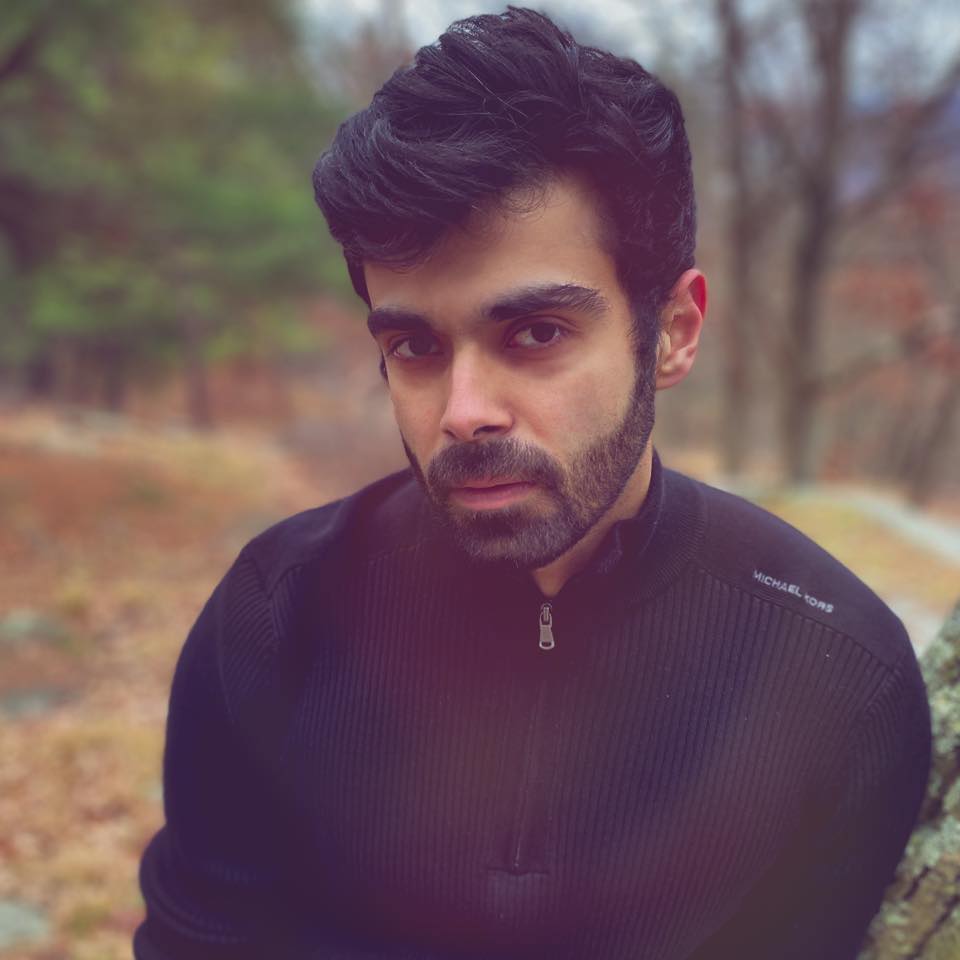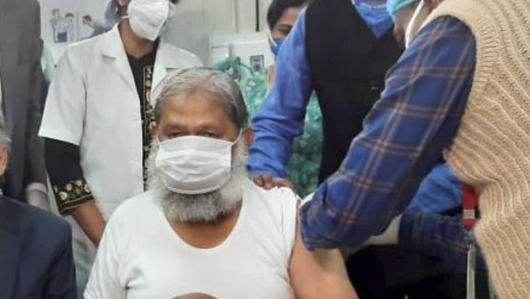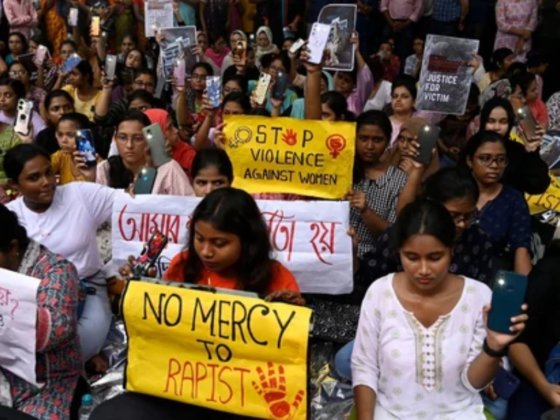Jayesh Jaidka has over 5 years of diversified experience in film making, media production, marketing & developing long term business relation-ships with a strong command over verbal communication and presentation. He has managed, produced and directed short films on varied themes.
Mussoorie Breeze (2017) is a film of two brothers, in their mid-20s, dealing with their own struggles and facing depression. The film highlights the importance of talking about your issues and not bottling things inside. A year later, he directed another film titled, The Whale (2018), which is a film based on the Blue Whale Challenge that was started by a 22-year-old Phillip Budukein from Russia. The online game promotes suicide of the depressed. He made this film to raise awareness about ill-effects of the game on those playing it.
Highbread(2019-20) is a TV show and is based on an Indian international student, Jai that deals with anxiety and how peer and parental pressure has led Jai to pursue a profession in medicine whereas his real passion, baking is left behind. Soon-to-be released Haunted Ego is one of the 10 films he is making for a 10 piece anthology series that is based on mental health awareness. The film is currently in post-production stage. A Haunted Ego is a film about schizophrenia.”
He has received many awards and accolades. Highbread was selected at the biggest narrative episodic lab for creators in the United States – The Independent Film Project Episodic Lab. He got the Best Debutant Director award at the Delhi International Film Festival for Mussoorie Breeze.
He spoke to HealthWire on many issues including his films, mental issues during the pandemic, and how the film industry is going to respond to this changed environment. Here is an excerpt of the interview.
ALSO READ| On World Mental Health Day Actor Dia Mirza Shares 7 Ways To Cope With Stress During Pandemic
It is often said that cinema either stigmatizes or romanticizes mental health issues. The way mental health issues are portrayed in movies has invited A lot of criticism. In movies, people suffering from a mental health problem are either violent or SUICIDAL. Has anything changed in recent years? Has cinema’s attitude and interests in mental health undergone any significant changes?
I do think so. I think over the last few years there has been a positive movement towards not stigmatizing mental health issues and I think this has come with growing awareness towards mental well-being. I’d like to state an example of our own country, India. Statistically speaking, India has the largest working population suffering from depression and anxiety. Since, people have become more sensitive towards the topic, filmmakers are forced to do their research before they term a character, “paagal”. I believe any shift in an industry that involves the arts will correlate to the current understanding of its viewers or listeners.
Tell us something about your films. How different are your films from others when it comes to dealing with mental health issues?
I have always been a firm believer of putting one’s own experiences in films and that’s when films become relatable, truthful, and meaningful. In my short career span, I have been exposed to situations that have triggered my anxiety, I have had a spell of depression triggered by my externalities and hence, whenever I make films that deal with mental health issues, I go back to my past and take from what I have learnt from my experiences, how I felt at the time and even picked out small nuances.
I have always been crystal clear with my actors about how to approach characters and never asked them to mould a certain scene or dialogue to pander to the commercial box office. Ironically, because I was genuine and truthful to my films, I have had the chance of selling most of my films.
ALSO READ| Know 5 Reasons Why Stigma Towards Mental Health Exists
Depression is a misunderstood topic. There are so many myths about this serious mental health issue. Its understanding is seldom aided by popular media including cinema. Mussoorie Breeze, directed by you, is a film of two brothers, in their mid-20s, dealing with their own struggles and facing depression. How has this film dealt with depression? How do the characters in this film fight the depression? What message does it convey?
Yes, taking from what you said, the word ‘depression’ is thrown here and there by people so nonchalantly that it has lost its value. It’s become a trivial matter whereas it is one of the most susceptible diseases one can have.
Mussoorie Breeze aims to shed light onto how people behave during depression. They tend to dislike everything, they’re irritable, they are loathing in self pity and above all, they tend to bottle everything in, which worsens the situation. I aimed to bring about this message through the life of two brothers who don’t talk to each other anymore, both coming from different professions(one in the arts and one in business), and are facing their own demons. The story ultimately culminates into the message that talking and opening about your issues can really help.
Bottling in will not. Communication is key to get out of depression and that’s what Mussoorie Breeze aims to share through a day in the life of these two brothers finding solace in the streets of Mussoorie.
Movies don’t always succeed when it comes to portrayal and treatment of mental health. Your upcoming film A Haunted Ego is a film about schizophrenia.” Schizophrenia is a very serious health disorder. It is not talked about as much as other types of mental illness such as anxiety and depression. Not many movies have got schizophrenia right. A Beautiful Mind” is perhaps the best known movie about schizophrenia. Majority of films on this subject are either alcohol and drugs. Tell us something about your upcoming film. We hope this film will be able to create better understanding of schizophrenia.
I would say AHE has been a very challenging film for me because it not only deals with the topic of schizophrenia and PTSD but it’s a very unique portrayal in it’s own way. The audience is not only going to be educated about PTSD and schizophrenia but will see it from the perspective of the person and will not realize till the end that the lead character has been going through something. This helps the audience understand the mental state of the affected patient but also creates a haunting aura in the whole film.
Covid 19 has many life-altering effects on our mental health. Some of these effects may be short lived. However, something is going to stay with us for a long time. Parts of life will be damaged forever. How will mainstream movies respond to this changed environment.? Do you think something will change for the better when it comes to the portrayal of mental health issues in the movie?
I do think mainstream cinema will be more cautious towards making cinema that might be too heavy for the audience because for a long time a larger portion of the affected population would not want to watch something heavy. Focus will shift to light hearted comedies, fantastical cinema and so forth.
That being said, I think whatever films will be based on mental health issues will be handled with much more care because the whole world now has seen a stand still and what effects it can have on people and hence every creative will try to incorporate their personal element into their next projects.











